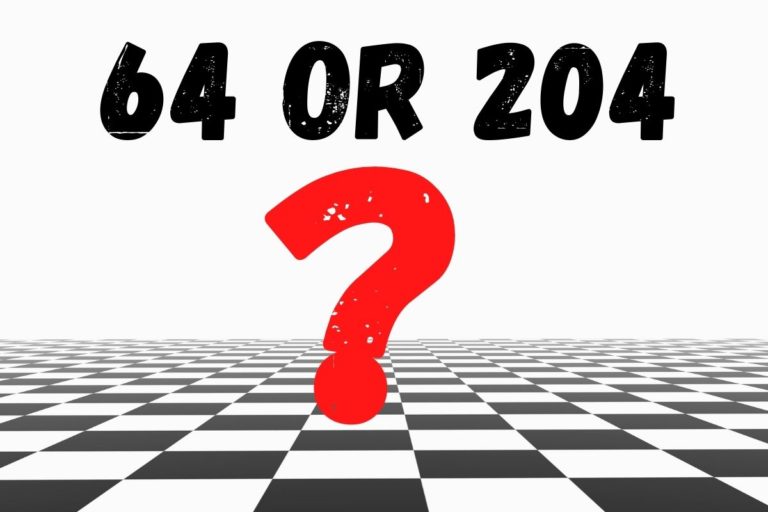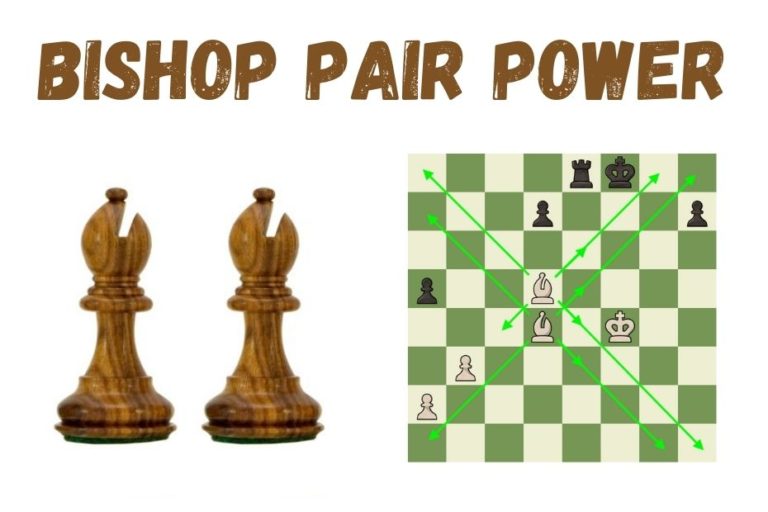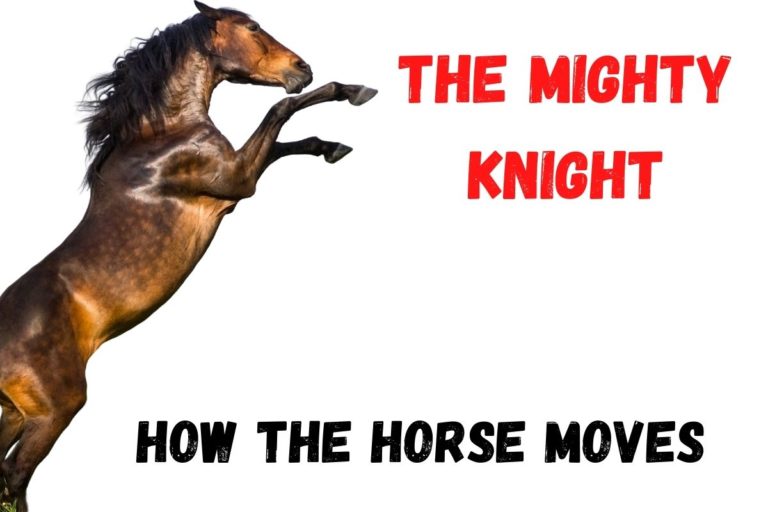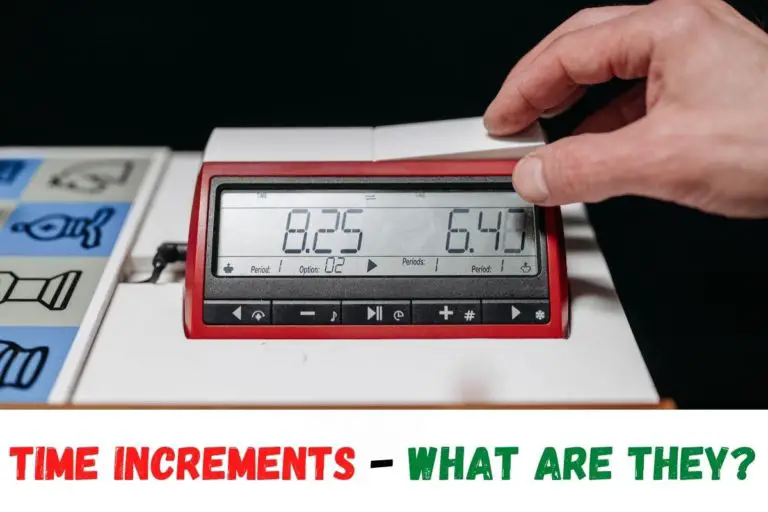The Goal of Chess is Victory – By Any Means
⭐⭐⭐ Take 5 minutes to read and improve your chess game ➡️ : This article was first published on, and is Copyright of Chessquestions.com
I’m answering the question “what is the goal of chess?” on the understanding that what is actually being asked is “what is the objective?”. Just in case, I will run through some “chess goals” too, along the lines of achievements and learning targets but in the meantime, let’s look at the goal of chess.
The objective or goal for any player in a game of chess is to place your opponent in a checkmate position and emerge victorious in your battle over the board, or even force your opponent into resignation to avoid the indignity of inescapable checkmate.
There are many other goals within the game of chess that will all feed into the ultimate goal of bragging rights and hopefully an increased Elo rating, So let’s take a deep dive into the other various goals in chess you may want to strive for.
Before we get into the meat of the subject, a light-hearted view of the goal of chess is to learn the rules of chess, strategies and tactics whilst having fun.
Strategic and Tactical Chess Game Goals
Now we understand what the overall objective of chess is, let´s look at some individual and personal goals you might have relating to your new favorite game.
Quick Development
Quick development and thorough knowledge of your chosen openings and chess moves are key goals when playing chess. The ability to play what you have planned and avoid what you don’t will keep your pieces actively placed on the board.
Slow development can hinder your progress and attacking strength and also lead to loss of control of the center of the board.
Center Control
Gaining control of the center of the board is often talked about as a key goal in your chess game. It can often be underestimated how important the fight for the center squares is.
One of your main goals and objectives in your game is to understand how your opening leads to a strong fight for central control
Strong Pawn Structure
A strong pawn structure should always be a goal of your chess game. Understanding when to protect your pawns and not sacrifice them is so, so important as they are often overlooked.
The longer your pawns remain on the board on a solid structure and on a defended square, the more attacking value they have through the middle game.
A strong pawn structure should be a goal for your end game too, their value is huge at this stage. not quite that of the Queen of course, but a passed pawn can be promoted into a more powerful piece of course.
Material Gain
An obvious goal in chess is to capture more of your opponent’s material than you lose yourself, especially in terms of the more valuable pieces.
So one individual goal of chess, or mini-goal if you like would be to be aware and not hang (leave undefended) any material of your own unless part of a greater strategic move.
Using only legal moves and understanding all the special moves like En Passant and Castling is essential in being able to gain material as well as your foe across the chessboard.
King Safety
Always remembering your opponent’s objective in the game is to checkmate your King or get you to a position whereby you can no longer effectively protect it, another of your goals should run concurrently to ensure your King’s safety at all times.
Be aware of positions of potential mates, mate in 2, mate in 3, etc
Always be aware of your opponent’s moves. Whilst you are attacking don´t forget they may also be doing the same whilst giving up material in a sacrificial manner with a bigger goal in sight.
Keep your king safe at all costs.
Ratings Goals
When you begin playing chess you will start with a beginner’s rating which will quickly adjust as you are pitted against similarly rated chess players.
It will take a good 12-20 games for your rating to settle as a fair reflection of your ability by which time, you will have already been learning some painful chess lessons and be hopefully correcting them bit by bit.
Once you have played those opening games on whichever chess app you are using, try setting yourself a goal to increase your rating by the desired number of points within a desired amount of time.
It is important to be realistic in your aims, and you find as you begin doing this, you will quickly lower your expectations. Raising your chess rating is not a quick process.
Also, try no to play too many games daily a maximum of 9-10 games will be enough, you can fatigue quickly and make silly mistakes and blunder which will put your goal further out of reach
Accuracy Goals
I will take it for granted that you will analyze every single one of your games, win or lose, after completion, or shortly after a session.
One of my ongoing goals is to analyze every single game I play and as soon after the event as is possible.
I am happy to claim this is the single most important area of learning chess and in particular learning from your mistakes when the engine will highlight your inaccuracies and provide you with the best moves that could have been made in the position.
At times, and especially early on when you do not understand everything there is to know about, chess you may think some of these moves do not look right, but trust in the chess engine, it is better at Chess than you, and you will begin to identify patterns of play where you regularly go wrong and eventually make fewer blunders, mistakes, and inaccuracies.
Improvement Goals
Improvement goals can be set against anything you wish. You can look to play fewer blunders, make fewer mistakes, or focus entirely on improving your average accuracy score over the last 6-10-20 games by keeping a running record.
It is amazing what you can achieve when you are focused not only on beating your opponent but playing against yourself at the same time in terms of playing a better game in terms of accuracy
Training Goals
There is the possibility of overtraining, it is not a myth, you can do too much, but having a regular chess training program and routine will improve your chess game, no arguments.
Your training goal can be linked to the number of puzzles you commit to complete on a weekly basis.
Learning an opening to the deepest level possible over the course of three months, yes it can take that long.
Or committing to buying a chess training course and completing that within the recommended time frame.
The most important objective of the training is that you do it. You have no one else to blame for a lack of improvement if you don’t put the time in and your ultimate goal is to get better, right?
Why not even try reading some chess books. There are hundreds to choose from, so read some reviews to find one that suits what you´d like to learn.
Summary
So whether you arrived here looking for the objective of a game of chess, the goal of chess, or perhaps, something you might not have considered has popped up during the read as a goal you would like to set yourself, I hope this article has been of use and help.
You Might Also Like
Playing chess by yourself can be a bit tedious, but there are many ways you can use it to your advantage if you don’t have an opponent lined up or readily available.




![50 Most Common Questions About Chess [Chess FAQs]](https://chessquestions.com/wp-content/uploads/2022/02/Questions-about-chess-768x512.jpeg)

